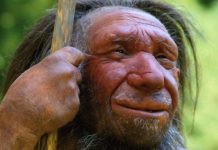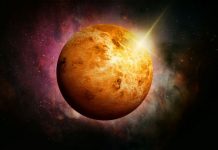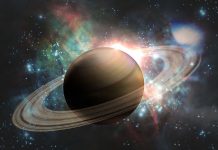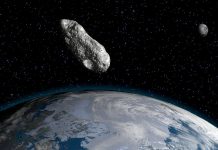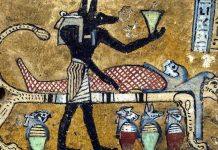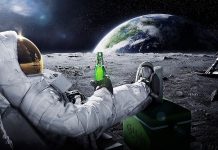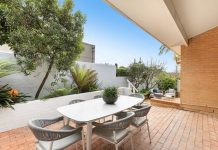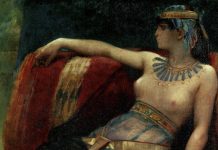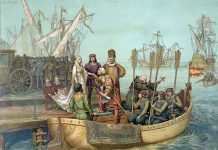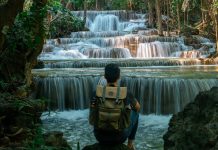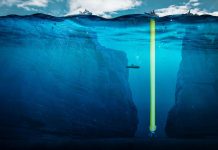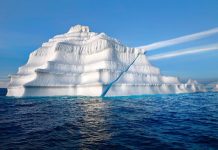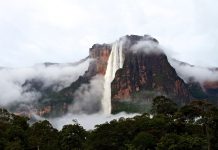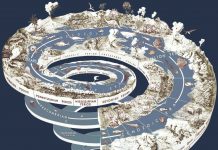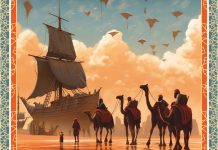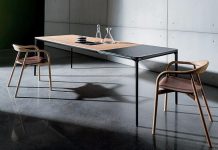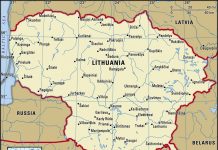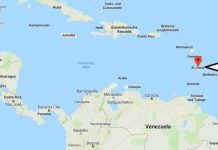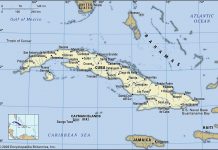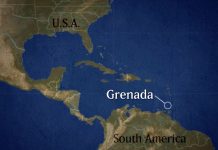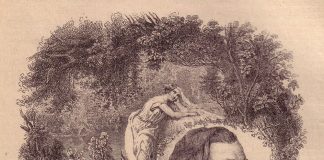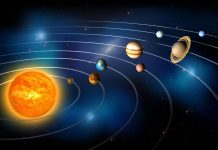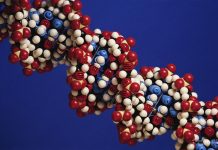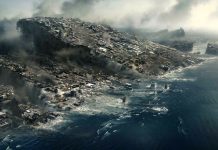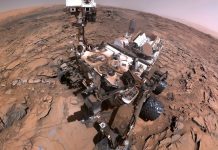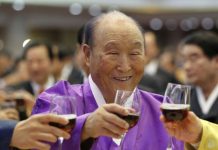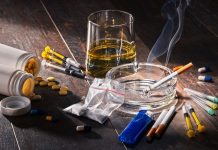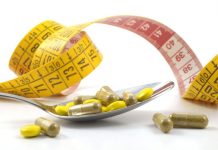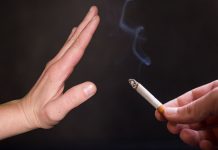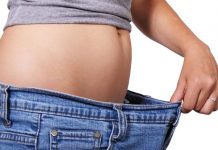Capital: Kingston
Area: 10,991 sq. km /4,244 sq. miles
Population: 2,500,000
Population density per sq. km/sq. mile: 227/589
Ethnic composition
About 80% of the population are from Africa, 15% are descendants from mixed marriages of Europeans and Africans. There are also Chinese, Indians and Europeans among the residents.
Religion
The overwhelming majority profess Christianity, mainly Protestantism. There is a large community of Rastafarians.
History
In 1494 Christopher Columbus landed in Jamaica, and since the beginning of the XVI century. the island was Spanish property. Spanish colonization led to the extinction of the indigenous population – Indians who could not resist diseases brought from the Old World. In 1655, Jamaica became a colony of Great Britain. Depression and socio-economic instability of the 30s of the XX century led to mass riots and the development of political consciousness of the people. In 1959, the country established its own government, and in 1962 declared independence within the Commonwealth. The leading political leaders in the early days of independence were Sir Alexander Bustamante (1884-1977), the son of an Irish planter, raised in a Spanish family, and Norman Manley (1893-1969), a talented lawyer who became prime minister in 1955.
The Jamaica Labour Party (PLP), created by Bustamante, won the 1962 elections and again won success in 1967, led by Bustamante’s successor Hugh Shearer. Then in 1972, Michael Manley (born in 1923), the son of Norman Manley, and the NNP won the majority of votes.
Michael Manley was a staunch advocate of social reform and economic independence from developed countries. Despite the high unemployment rate, his party came to power again in 1967, winning even more votes, but by 1980 the economic situation worsened, and, having refused the conditions for a loan from the IMF, Manley was forced to seek support for a policy of economic independence.
The 1980 elections were extremely tough, despite calls from Manly and LP leader Edward Sieg (born 1930) for calm. The PLA won by a huge margin, taking 51 out of 60 seats in the House of Representatives. Thus, Whitefish has an opportunity to resume communication with the United States and support free competition. In 1981, he severed diplomatic relations with Cuba.
In 1983, Shiga organized preliminary and short-lived elections. Members of the opposition said they were deprived of the opportunity to nominate their candidates. In these elections, the PLA won all 60 seats in the lower house. The appointment of a new parliament was accompanied by large protest demonstrations, and the leaders of the National People’s Party promised that they would be able to form an opposition to the government outside the parliament.
In the 1989 elections, Michael Manley and the National People’s Party won a convincing victory, after which the new head of state declared that he would continue to support economic policy and advocate cooperation with the United States.
In March 1992, Manley resigned for health reasons, the LNP proposed the candidacy of Percival Paterson (born in 1935) in his place. In the 1993 elections, Paterson won, the number of seats of the LNP in the House of Representatives increased from 7 to 52. In December 1997, Paterson was re-elected for a second term.
In 1998-1999, the budget deficit increased significantly. An attempt to replenish it by increasing taxes led to a three-day strike and riots. Troops were brought into Kingston to help the police, and new taxes were reduced.

